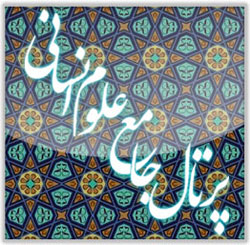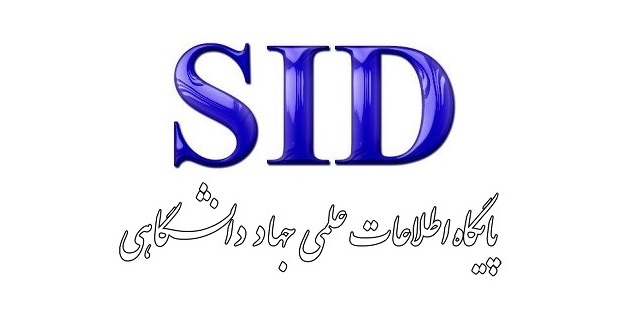The Role of the Element of Time in the Relationship Between Textile Art and Technology
Keywords:
Time, art, textiles, technology, evolutionAbstract
This article examines the role of time in the development of textile art and analyzes its impact on the evolution of styles, techniques, and artistic patterns throughout history. Time, as a key factor, has played a role not only in shaping textile art but also in its interaction with cultural, social, and technological transformations. Over time, this art form has transitioned from traditional methods such as hand weaving and dyeing to modern techniques like digital printing, smart fabrics, and computer-aided design. The article demonstrates how technology has acted as a catalyst for innovation, transforming textile art while simultaneously preserving its traditional values. The findings of this study highlight that understanding the temporal dimension in textile art contributes to a clearer comprehension of its evolutionary process and forges a connection between the past, present, and future. Furthermore, the dynamic coexistence of art and technology has opened new avenues for creativity and innovation in this field. Ultimately, the article underscores the importance of sustaining the interaction between art and technology and envisions a new perspective for the future of textile art.
Downloads
References
1. Galina L, Tatiana A. Код времени в современном искусстве: дискурсивный анализ темпоральных арт-проектов. 2021;11(1):150-66.
2. Ildefonso R. La dimensión temporal en la filosofía y su relación con el cine. 2017:155-87.
3. El Azime Z, Melki F, Salhi H, ElOuahabi H. Arts and Recent Technology, Exploring Responses in Times of Change. Yearbook of arts education research for cultural diversity and sustainable development. 2023:145-54.
4. Tuğba S, Arabali K. Geri Kazanılmış Pamuklu Kumaş Özelinde Tekstil Heykele Güncel Yaklaşımlar. 2021;11(1):287-302.
5. Amidon CS. Different voices with common threads: polish fiber art today2016.
6. Bengkel M. Protective textiles from the past and for the modern age. 2022:113-31.
7. Ranpura N. Crafted Identities: Technological Transformations in Textile Design. 2024:149-66.
8. Ajayi OL, Ayodele OO, Falode CG. Evolving Technology in Arts, Fashion and Textile Design. 2022:38-45.
9. Changlan J. Research on the Application of Computer Digital Technology in Textile Art Design. 2024:115-21.
10. Ekow Abraham A, Appau E, Okpattah V. Technology Adaptation and Its Effect on Asante Traditional Textiles. International Journal of Innovative Research and Development. 2015;4(11).
Downloads
Published
Submitted
Revised
Accepted
Issue
Section
License
Copyright (c) 2025 Sima Ezadpanah (Author); Abolfazl DavodiRoknabadi; Salar Zohoori , Nayerehsadat Mobinipour (Author)

This work is licensed under a Creative Commons Attribution-NonCommercial 4.0 International License.









